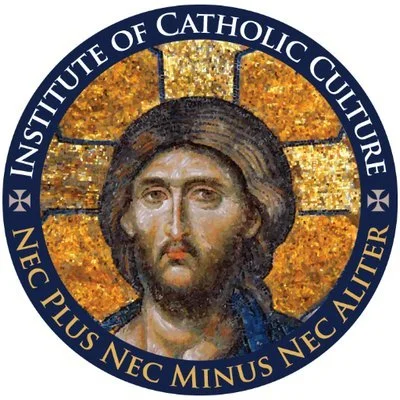Politics in Catholicism refers to the principles and teachings related to the organisation and governance of society, guided by the Church's social doctrine, which emphasises justice, the common good, and respect for human dignity.
Politics
Catholic Political Thought 101: Foundations and Principles
✠
Catholic Political Thought 101: Foundations and Principles ✠
The Catholic Political Thought 101 course examines Catholicism's influence on political order, particularly during the first fifteen centuries of Christendom. Key topics include the relationship between spiritual and temporal powers, and the common good. Dr. Chad Pecknold, a professor at Catholic University of America, leads this course, covering thinkers like Augustine, Aquinas, and key popes.
Catholic Political Thought 102: Modernity & the Common Good
✠
Catholic Political Thought 102: Modernity & the Common Good ✠
Catholic Political Thought 102 explores the development of Western political theory and its relationship to Catholic teachings, focusing on papal responses to political issues in the 18th and 19th centuries. Topics include Dignitatis Humanae, secularism, liberalism, and modern debates over the Church’s role in politics. Dr. Chad Pecknold, a professor of Theology, leads the course.
The History of Western Political Thought
✠
The History of Western Political Thought ✠
This course explores the evolution of western political thought, starting with Aristotle's ideas on the common good and progressing through St. Thomas Aquinas's views on virtue and law, Machiavelli's revolutionary political ideas, John Locke's development of social contract theory, and Tocqueville's observations of American democracy. Taught by Joseph Brutto, Ph.D., it contextualizes these philosophies in modern applications.

